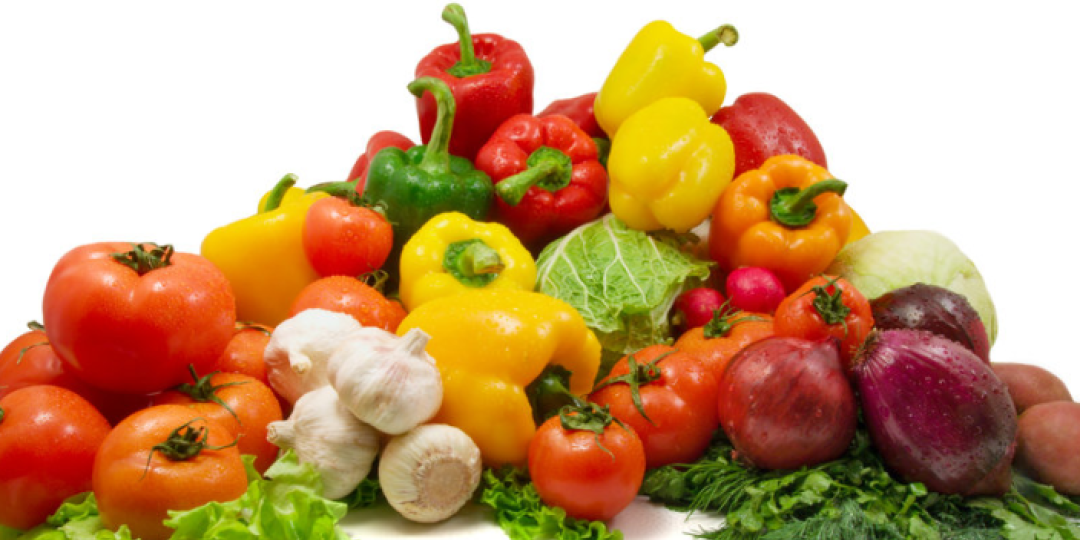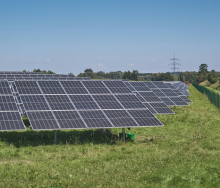International trade requirements and restrictions have imposed many challenges for South African fresh produce exporters, but they have risen to the challenge as the demand for local vegetables has intensified.
That’s according to economist Thabile Nkunjana, addressing a National Agricultural Marketing Council (NAMC) workshop early this week.
The fresh produce sector has been at the mercy of international vagaries and climate-related problems, made more complex by recent trade restrictions. By mid-March this year, at least 22 countries had implemented 26 export bans on certain food, and ten countries had implemented 14 export limitation measures, affecting specifically onions, potatoes, fruit, and other processed food.
In 2022, Africa remained the largest buyer of South Africa's vegetable exports, taking almost two-thirds (64%) of vegetables, 10% to Asia and the Middle East, and the European Union took 22%. However, the EU is South Africa's largest market for fruit, and the bloc's Green Deal will have an increasing impact on its trading partners.
"The interesting thing is that from the European Union, because of high energy prices affecting greenhouse production and their vegetable supplies, we're seeing opportunities there, at least in the short term, for South African fresh produce," Nkunjana said.
He noted that EU nitrogen reduction has the potential to change fresh produce dynamics in the near future.
Referring to Africa, he said logistical inefficiencies in Africa enabled South Africa to expand into the continent, with more expansion possible.
African restrictions, such as Botswana's decision to close its border to South African vegetables to stimulate domestic production, have impacted export earnings from vegetable trade with that country, declining by 50%. This shortfall was filled by demand from other African countries.
Fertilizer costs remain paramount, as fuel and fertilizer account for 25% of the input costs of the average South African potato producer.
Regarding import challenges, he said ginger and garlic imports remain an issue.
Bilateral trade agreements with countries like South Korea, China, Japan, Vietnam, Taiwan, India, Saudi Arabia, Bangladesh, and the Philippines would be of particular value to South African fresh produce exporters.
"Generally, as much as we have challenges, there are still opportunities for fresh produce from SA because of rising demand, specifically from the global space, especially for vegetables," he concluded.













